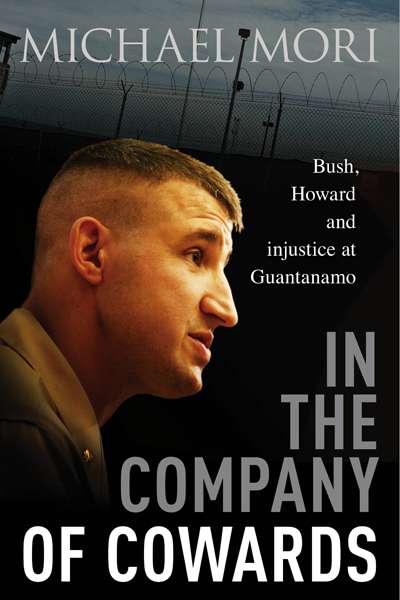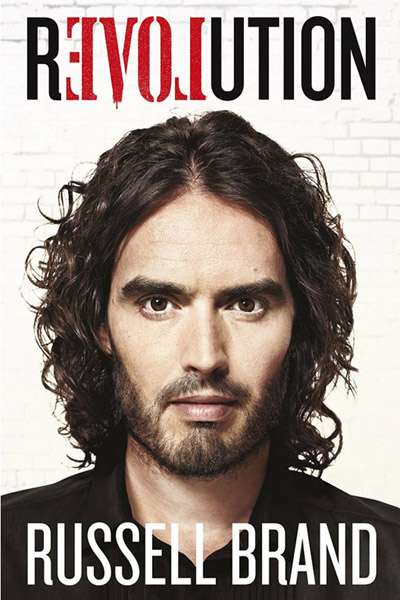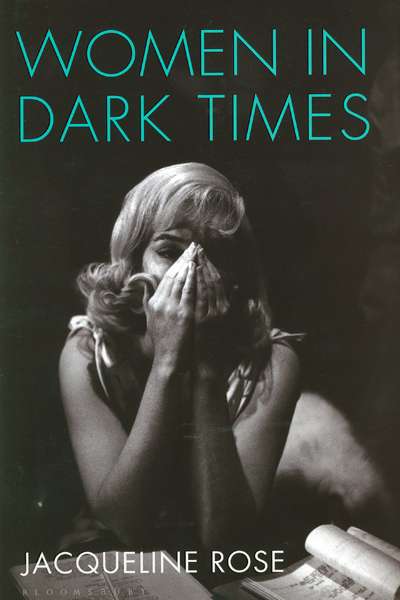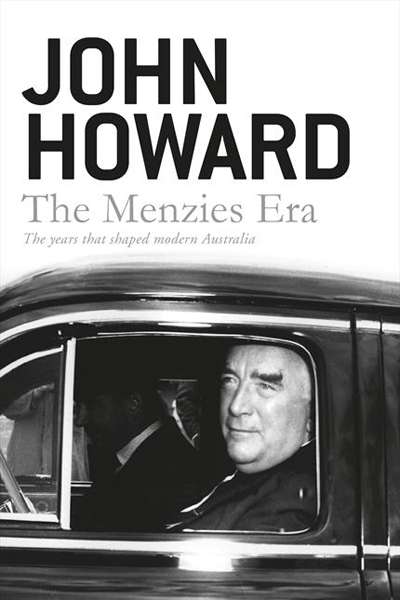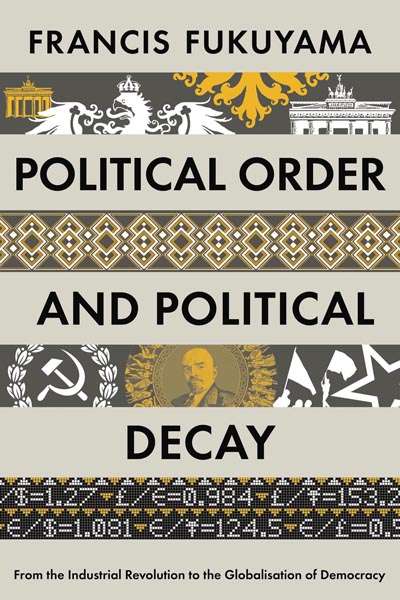Politics
Eminent psychologist Steven Pinker once described art as ‘cheesecake for the mind’. Many people think of culture as a luxury good, high up – and therefore low down – on Mazslow’s hierarchy of needs in comparison with basic physical requirements. Most of the time they are right. When they aren’t, the necessity for a detailed understanding of cultural proc ...
In the Company of Cowards: Bush, Howard and injustice at Guantanamo by Michael Mori
The unusual case of David Hicks is one of the most spectacular and politically supercharged miscarriages of justice in Australian history. Like the infamous Boer War case of Breaker Morant, Hicks was politically scapegoated and grossly denied a fair trial. Unlike Morant – a war criminal who murdered prisoners of war – even Hicks’s accuser, the United States, n ...
Paul Keating has an enduring allure. He has been out of politics since 1996, yet in the past year or so we have seen the ABC screen an unprecedented series of four one-hour interviews with him by an unusually respectful Kerry O’Brien; a book of his sayings still sells well, his speeches and pronouncements receive wide publicity, and now historian David Day has giv ...
Russell Brand made headlines when he revealed in an animated interview with Jeremy Paxman that he had never voted. Fresh from guest-editing an issue of New Statesman, Brand had issued a call to overthrow the system responsible for the income disparities and environmental degradation in the world today – but refused, or was unable, to explain how this would happen.
... (read more)Northern Lights: The positive policy example of Sweden, Finland, Denmark, and Norway by Andrew Scott
As Andrew Scott points out, Australians have a limited and very clichéd knowledge of the Nordic countries. Recently, we have come to appreciate Scandinavia for its bleak police dramas, of which The Girl with the Dragon Tattoo is probably the best known. For the right, Scandinavia has long represented socialist excess, which merges with vague notions of unlimited sexuality. The reality is that Sweden, at least, has adopted some laws around sex work and sex venues which are far more stringent than those in Australia. For the left, the Scandinavian nations have represented the hope of a liberal democratic egalitarianism, with taxation and welfare policies that are far more successful than ours.
... (read more)In a review of several books on motherhood (LRB, 14 June 2014), Jacqueline Rose – feminist, writer on psychoanalysis, English professor, ‘public intellectual’ – interprets Adrienne Rich’s belief that to give birth is to testify to the possibilities of humanity, as a variation on Hannah Arendt’s formulation, in an essay on totalitarianism, that ‘freedom is identical with the capacity to begin’. As bearers of new lives, women are thus the repositories of tremendous power, which is undermined by the patriarchy. Arendt’s collection of essays Men in Dark Times (1968) provided the framework for Rose’s exhilarating, disturbing, ‘scandalous’ (Rose calls for a ‘scandalous feminism’ in the preface) book, Women in Dark Times.
... (read more)The Menzies Era: The years that shaped modern Australia by John Howard
John Howard has long been concerned with countering what he regards as the domination of Australian historical writing by the left. His project was initiated before he gained the prime ministership, most notably in his Menzies Lecture of 1996, in which he claimed that most of the distinctiveness and achievements of Australian politics were grounded in the liberal tradition. It continued during the ‘history wars’ from 1996 to 2007 – a subsidiary element in his largely successful attempt to reshape the contemporary understanding of liberal individualism. His massive new book on Menzies and his times is the summa of this enterprise.
... (read more)Dick Hamer: The liberal Liberal by Tim Colebatch
Rupert (‘Dick’) Hamer proved to be one of Australia’s most innovative premiers. One sign of his unusual prestige is that this history of his life and times has perhaps been publicly praised more by Labor leaders than by his own Liberal colleagues.
Hamer’s family background was in the church, law, business, and politics. His paternal grandfather was the minister of the wealthy Independent Church (now called St Michael’s) on Collins Street, where he was distinguished for his highbrow sermons and the astonishingly high salary he received. Hamer was born in 1916 and was formally christened Rupert after a relative who had died at Gallipoli the previous year. He was a studious boarder at Geelong Grammar, eventually winning first class honours in three languages – Latin, French, and Ancient Greek. A school friend described him as never ‘fussed or flustered’. Those qualities remained with him. He could come home to suburban Canterbury after a turbulent week in parliament and sleep like a rock, then dig happily in the garden next morning.
... (read more)Political Order and Political Decay: From the Industrial Revolution to the Globalisation of Democracy by Francis Fukuyama
Forget the cliché about a week being a long time in politics. Two decades in this super-speed, globalised age is more than enough time, it seems, for even the ‘best’ political system to go pear-shaped.
A growing number of books in recent times have focused on the current travails of Western-style liberal democracy. Its litany of dysfunctions includes corrosive money politics, policy gridlock, and growing citizen uninterest. But it is Francis Fukuyama’s new book that best symbolises the current Zeitgeist of dashed hopes concerning the resilience of the West’s political system.
... (read more)The Seasons of Trouble: Life amid the ruins of Sri Lanka’s civil war by Rohini Mohan
In May 2009, Sri Lanka’s three-decade-long civil war came to an end with the government’s defeat of the separatist Liberation Tigers of Tamil Eelam (known as the Tamil Tigers). The long conflict had brought a range of horrific abuses: deliberate shelling of civilian areas; suicide bombing of civilian targets; enforced disappearances; rape; forced conscription, including child soldiers; and the use of civilians as human buffers. In 2011 a UN panel of experts made preliminary findings that these abuses were violations of international humanitarian law and human rights law and that some could even amount to crimes against humanity. This prompted the current international investigation into the allegations by the Office of the High Commissioner for Human Rights.
... (read more)

